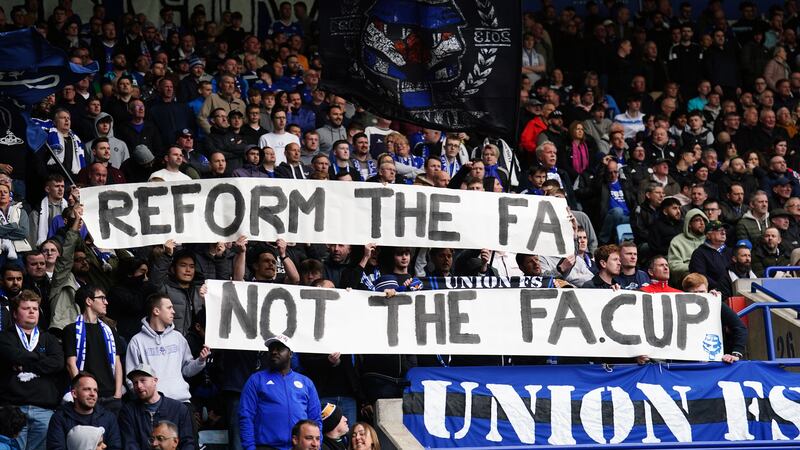Sterling has slumped to an eight-year low against the euro, as Brexit uncertainty and strong economic data from the Eurozone hit the UK currency.
The pound was down 0.5 per cent to 1.083 versus the euro as the London market closed, hitting its lowest level since October 2009.
An rosy update on the Eurozone economy gave the euro a leg-up against its peers, with PMI figures showing manufacturing export orders climbed at their fastest pace for six-and-a-half years.
The pound was also struggling against the US dollar, down 0.2 per cent at 1.278.
Meanwhile, employers' confidence in the UK economy has moved into negative territory, prompting warnings over the impact of Brexit.
A new survey by the Recruitment & Employment Confederation (REC) found 31 per cent of employers expect the economy to worsen, compared with 28 per cent which expect it to improve.
The net balance has dropped to -3 per cent from +6 per cent in the REC's previous JobsOutlook survey last month.
REC chief executive Kevin Green said the drop "should raise a red flag" as he urged the government to give greater clarity over Brexit.
Labour MP Mary Creagh, a leading supporter of the Open Britain campaign group, said: "It's clear that Brexit is having a chilling impact on hiring in vital sectors like construction, hospitality and engineering.
"The government's confusion over the detail of our withdrawal from the EU, and their shameful refusal to guarantee the rights of EU citizens living in Britain, are damaging British businesses.
"To protect jobs and our economy, they need to give citizens and businesses certainty that all EU workers living in Britain will have their rights guaranteed, and that Brexit will not be used as an excuse for a self-defeating crackdown on immigration from Europe."
The REC found employers are still looking to hire, with one in five planning to increase permanent headcount in the next three months.
Confidence in making hiring and investment decisions remains positive with a net balance of 10 per cent, but is at its lowest for the past year.
The survey of 601 employers also shows more employers express concerns about a lack of appropriate candidates for construction jobs than any other area.
"The jobs market continues to do well despite growing uncertainty. However, this drop in employer confidence should raise a red flag," Mr Green said.
"Businesses are continuing to hire to meet demand but issues like access to labour, Brexit negotiations and political uncertainty are creating nervousness."
He said dropping consumer confidence was also putting some businesses on edge, adding: "The government must do more to create an environment where businesses have clarity.
"That means clearly laying out what Brexit plans look like and how employers can keep recruiting the people they need from the EU.
"The jobs market is in a good place, but employers will only continue to hire and invest if they feel assured about the future."








